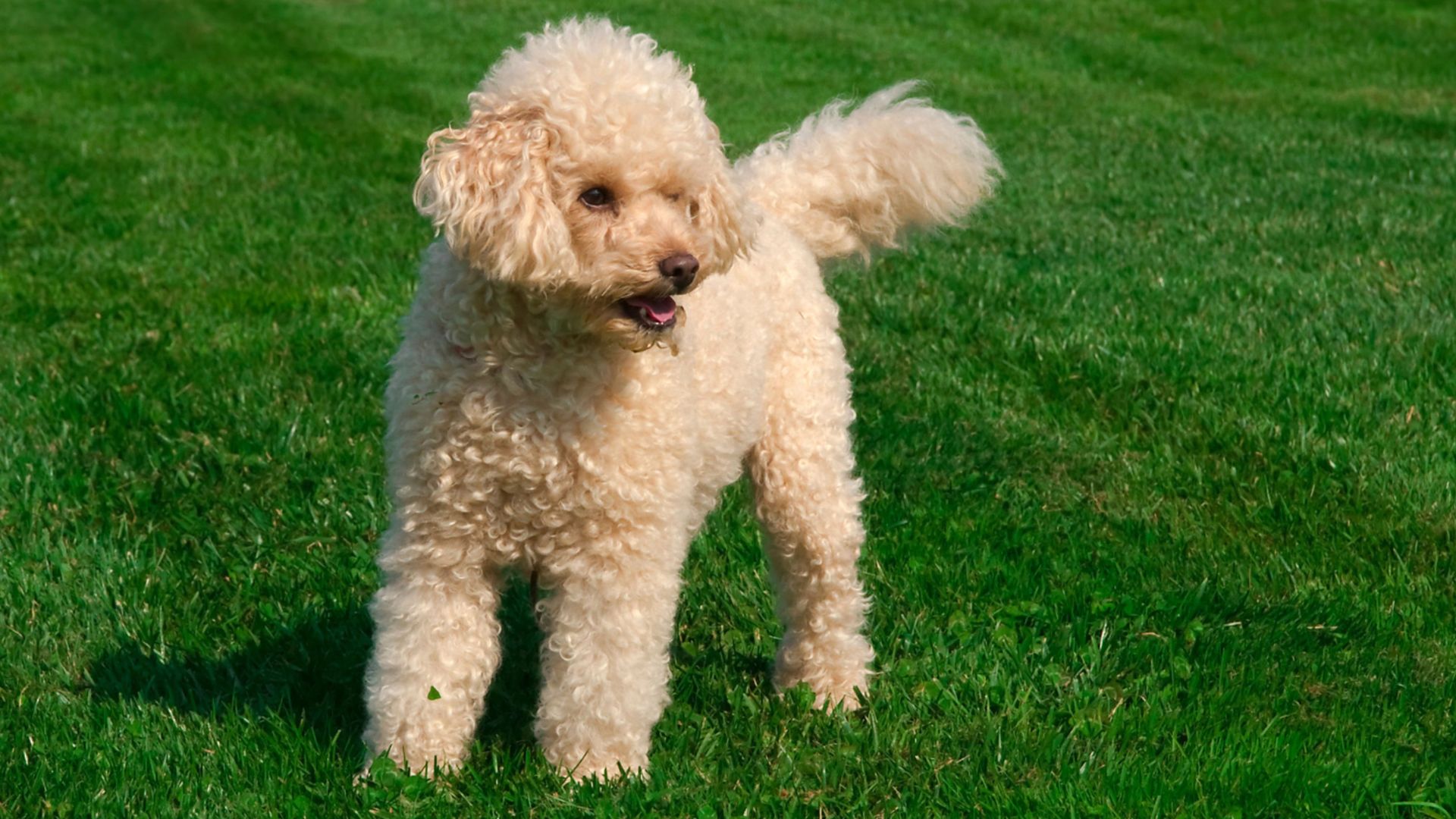It’s early morning. You’re barefoot, half-awake, and then your sock lands right in a puddle. Not water. Not fun. House training is one of the first and most important lessons any puppy learns, but it’s not always easy.
Some dogs just don’t get it right away, no matter how many potty pads or routines you try. Others surprise you by catching on in just days. The truth is, some breeds are simply more wired for potty training success.
They’re attentive, eager to please, and pick up patterns with less resistance. If you’re about to welcome a new puppy into your home and hope to avoid weeks of stress and carpet stains, starting with the right breed is everything.
This guide highlights ten dog breeds that are known for their quick potty training skills. These dogs understand boundaries early, respond well to structure, and make housebreaking far more manageable for any household.
Easiest Dog Breeds to Potty Train
1. Shiba Inu
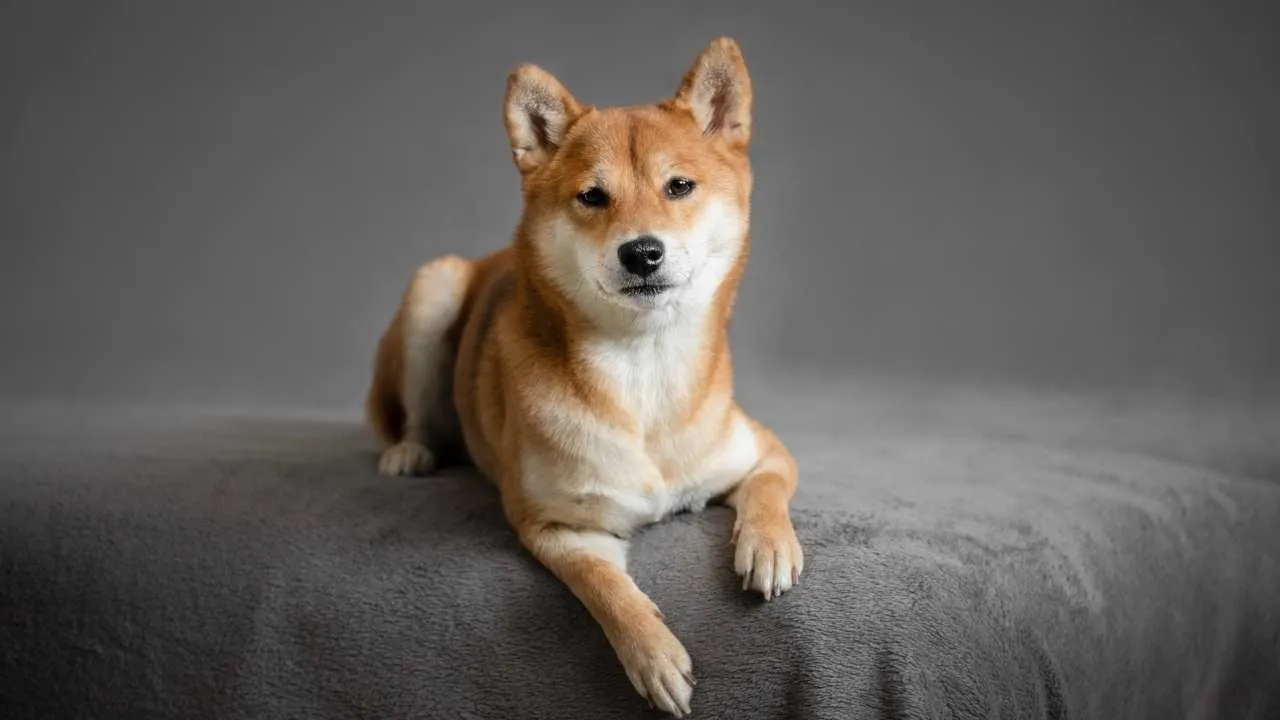
Shiba Inus are known for their fastidious nature, often likened to feline habits. They instinctively avoid soiling their living spaces, making early housebreaking much easier. Their awareness of surroundings supports a clean routine from an early age.
Independent but Observant Learners
While they have a reputation for independence, they are sharply observant and responsive to structure. When commands are consistent and calm, they tend to follow without resistance. This helps maintain momentum during the early dog training phase.
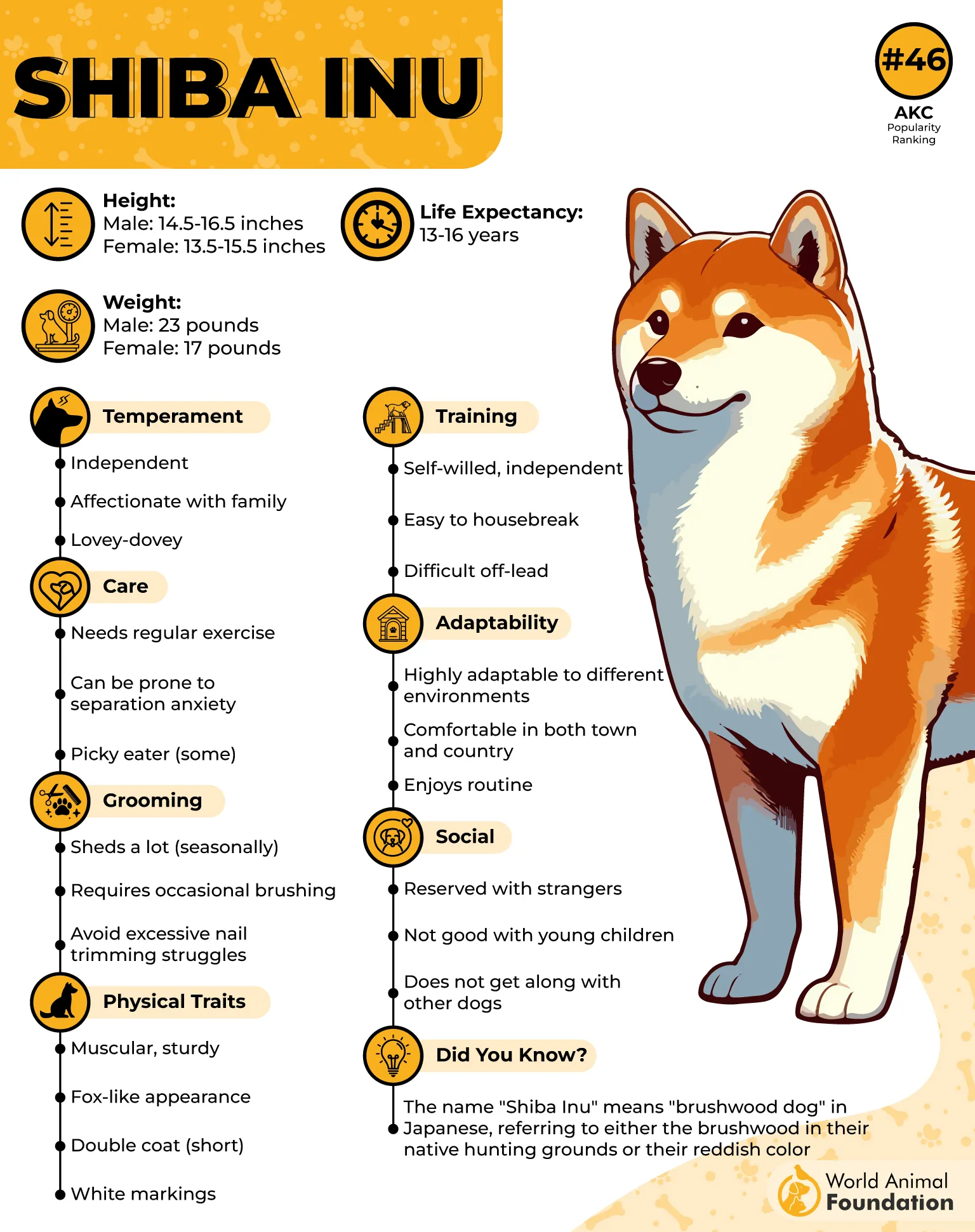
Quick to Establish a Routine
Shibas respond well to scheduled routines, particularly when paired with calm reinforcement. They rarely regress once the habit is set, making them reliable in long-term patterns. Their adaptability to indoor living enhances the overall potty training process.
Well-Known for Grooming Themselves
Shiba Inus groom themselves like cats, even licking their paws. This natural cleanliness, combined with being one of the cleanest small breeds, plays a strong role in their housebreaking success.
2. Bichon Frise
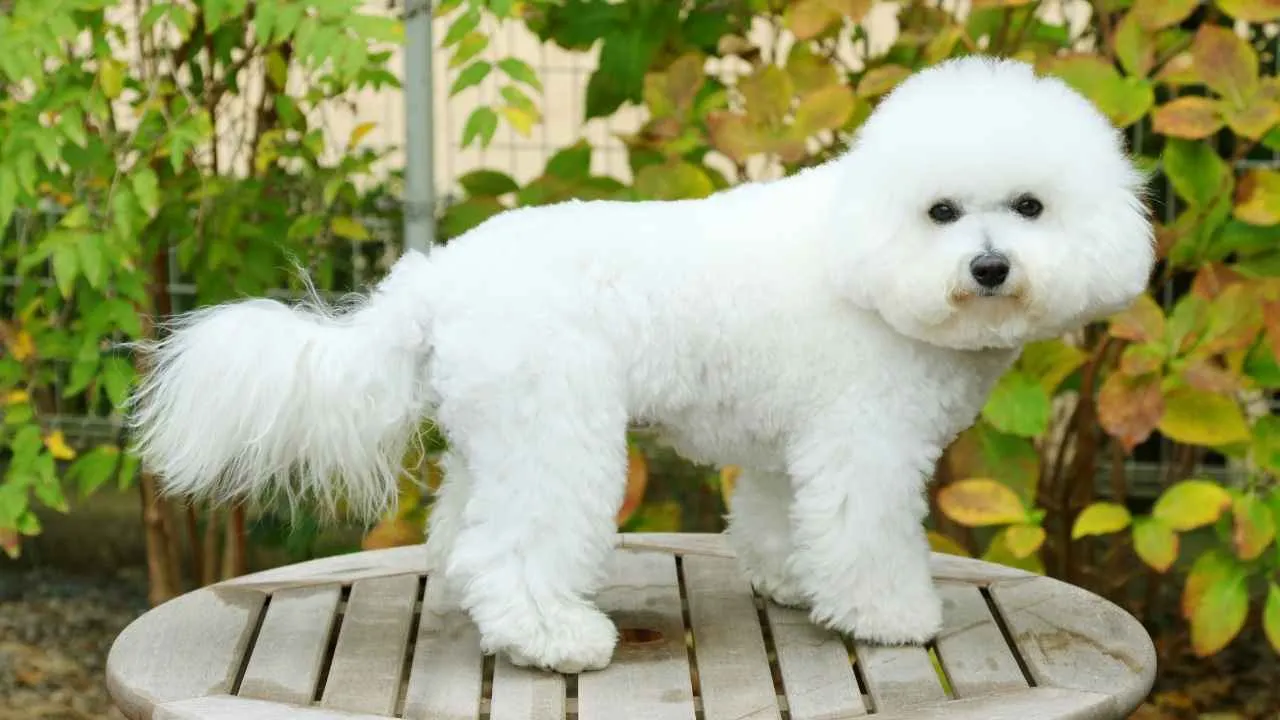
Bichon Frises are naturally clean dogs and prefer designated bathroom areas early in life. Their dislike for dirty surroundings supports consistent housebreaking routines. This trait makes them easier to manage in apartments or homes with limited space.
Responsive and People-Oriented
They form close bonds and are eager to mirror behaviors expected by their owners, as per Petplan. Their friendly nature enhances cooperation, especially during obedience training that involves positive cues. They respond well when the environment is calm and repetitive.
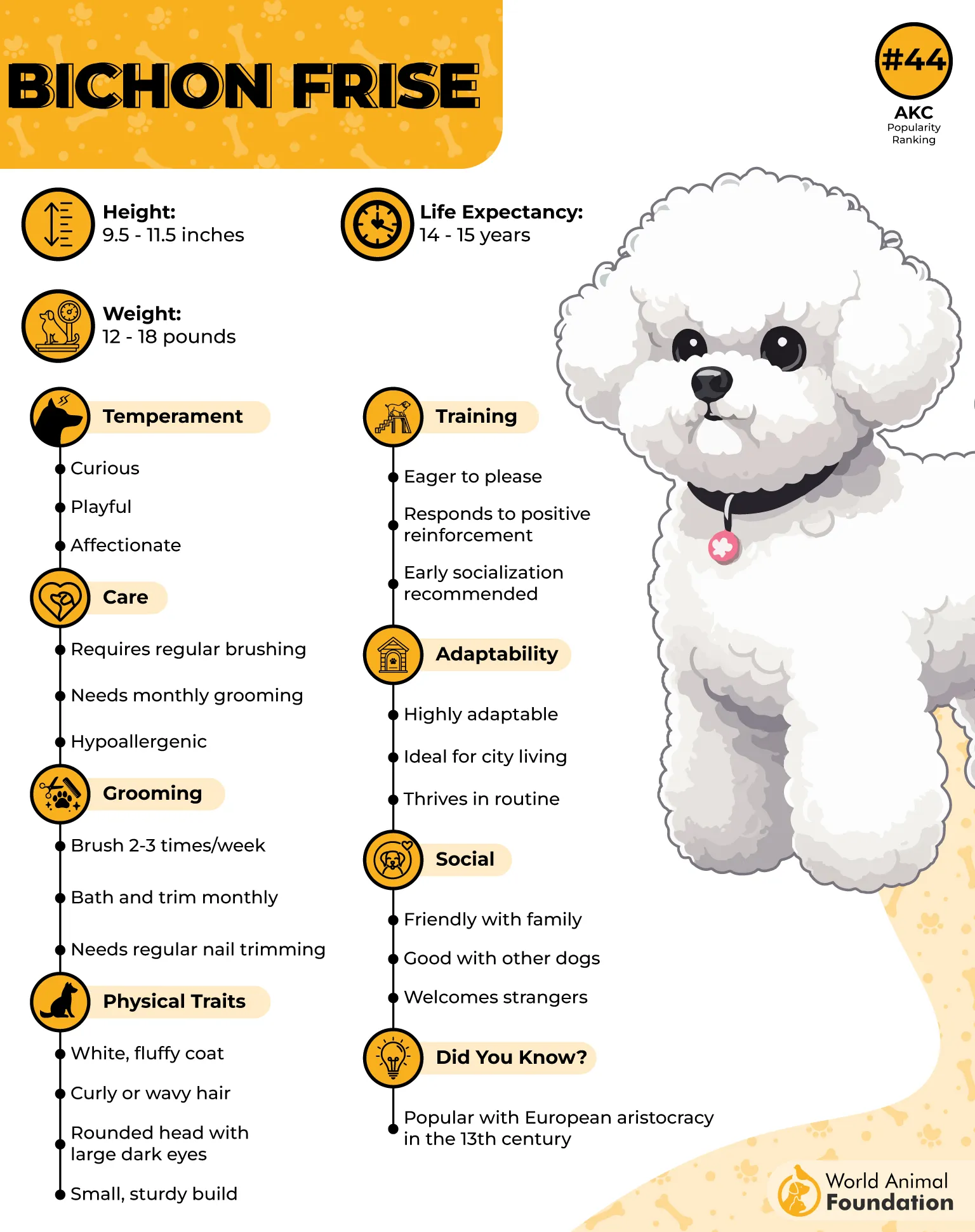
Eager to Please and Pattern-Driven
Routine-based living suits them, as they adjust quickly to patterns like feeding and potty schedules. Their need for approval from their dog parent often accelerates learning. They’re also quick to associate verbal commands with physical spaces.
Known for Having Almost No Odor
Bichon Frises are one of the few small dogs with no noticeable “doggy smell.” This clean coat trait complements their easy potty training journey, especially for owners who value odor-free living spaces.
3. Miniature Schnauzer
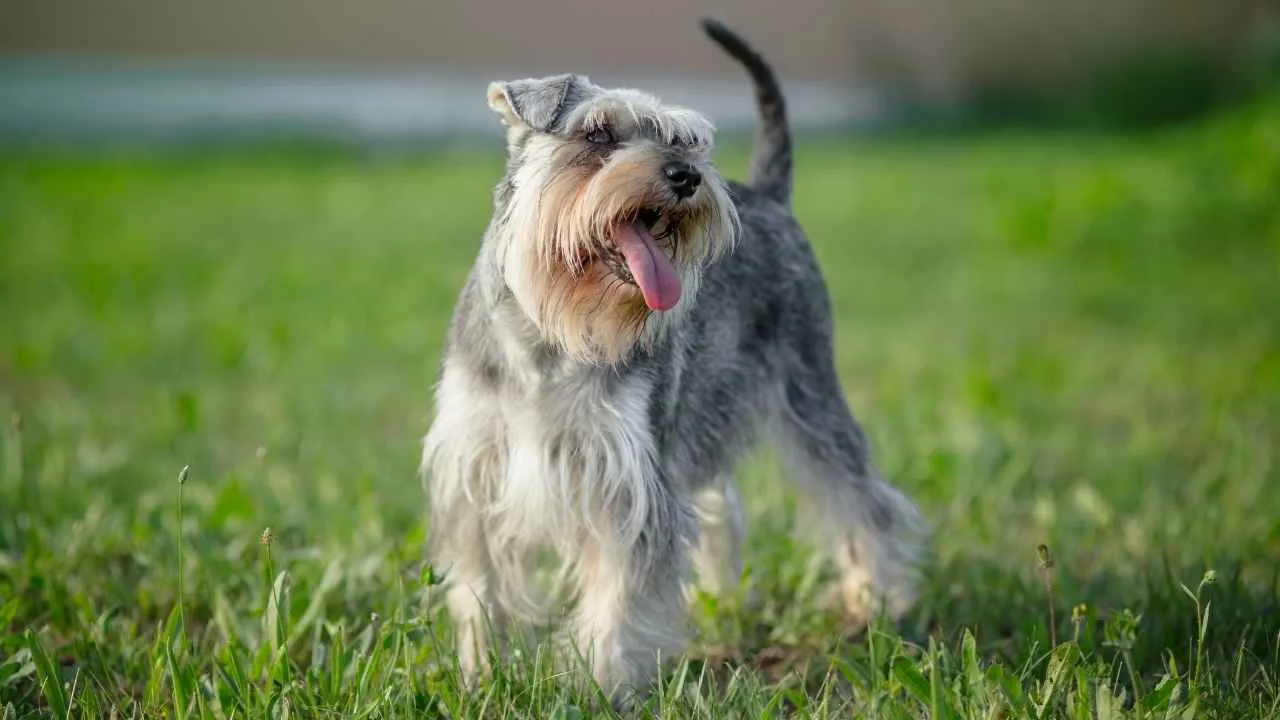
Miniature Schnauzers are known for being alert and responsive, making it easy to reinforce toilet habits. Their willingness to listen allows structured routines to stick early on. With the right approach, they learn boundaries without much repetition.
Naturally Motivated by Routine
These dogs thrive when given a consistent environment and scheduled potty breaks. Crate training works especially well for them because they prefer clean, contained spaces. Once the routine is internalized, accidents become extremely rare.
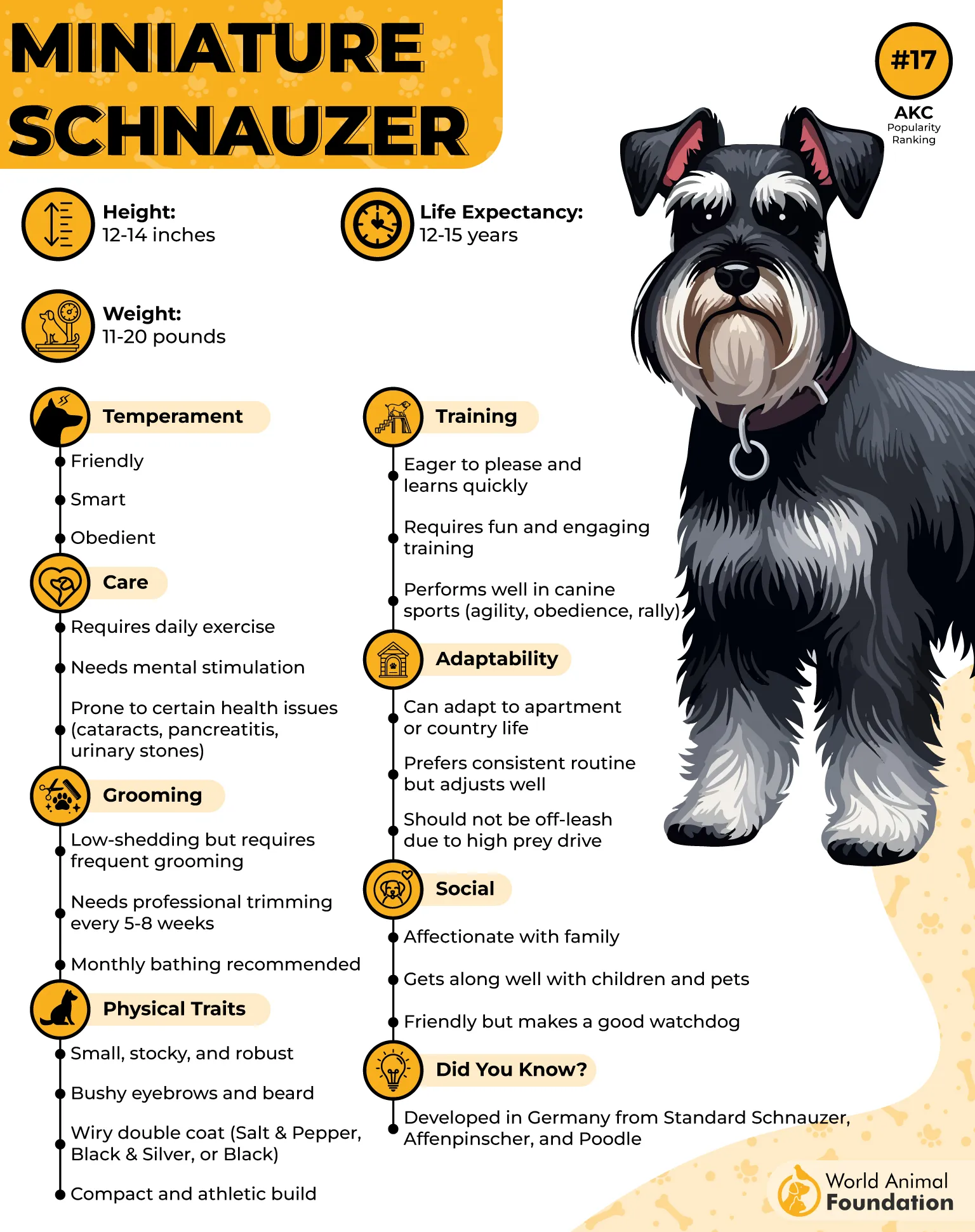
Clever and Task-Focused
Being a highly intelligent breed, they often pick up housebreaking cues faster than expected. They notice patterns like where they’re taken and how they’re rewarded. This mental sharpness gives them an edge in adapting to expected behaviors.
Known for Barking to Communicate Needs
Miniature Schnauzers are one of the few small breeds that often bark when they need to go out — a behavior many owners find helpful. Their ability to vocalize, paired with being an obedient dog, makes the potty training process smoother.
4. Shih Tzu
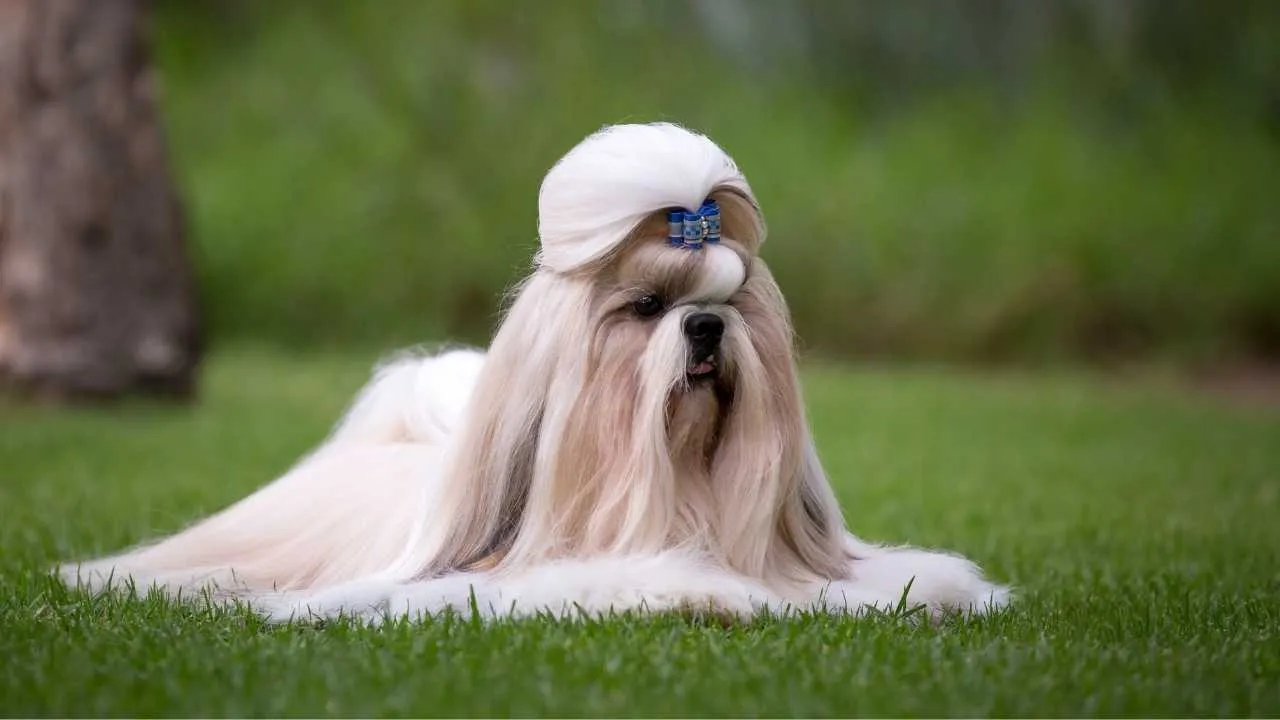
Shih Tzus have a strong desire to please, which supports fast adjustment to house routines. They quickly pick up on tone, timing, and location cues during early training. Their sociable nature makes them eager to maintain harmony in the home.
Adaptable to Indoor Living
They are well-suited to apartment environments and respond positively to indoor training pads. Their compact size means supervision is easier, especially in the early stages. Shih Tzus tend to form routine habits around feeding and bathroom breaks.
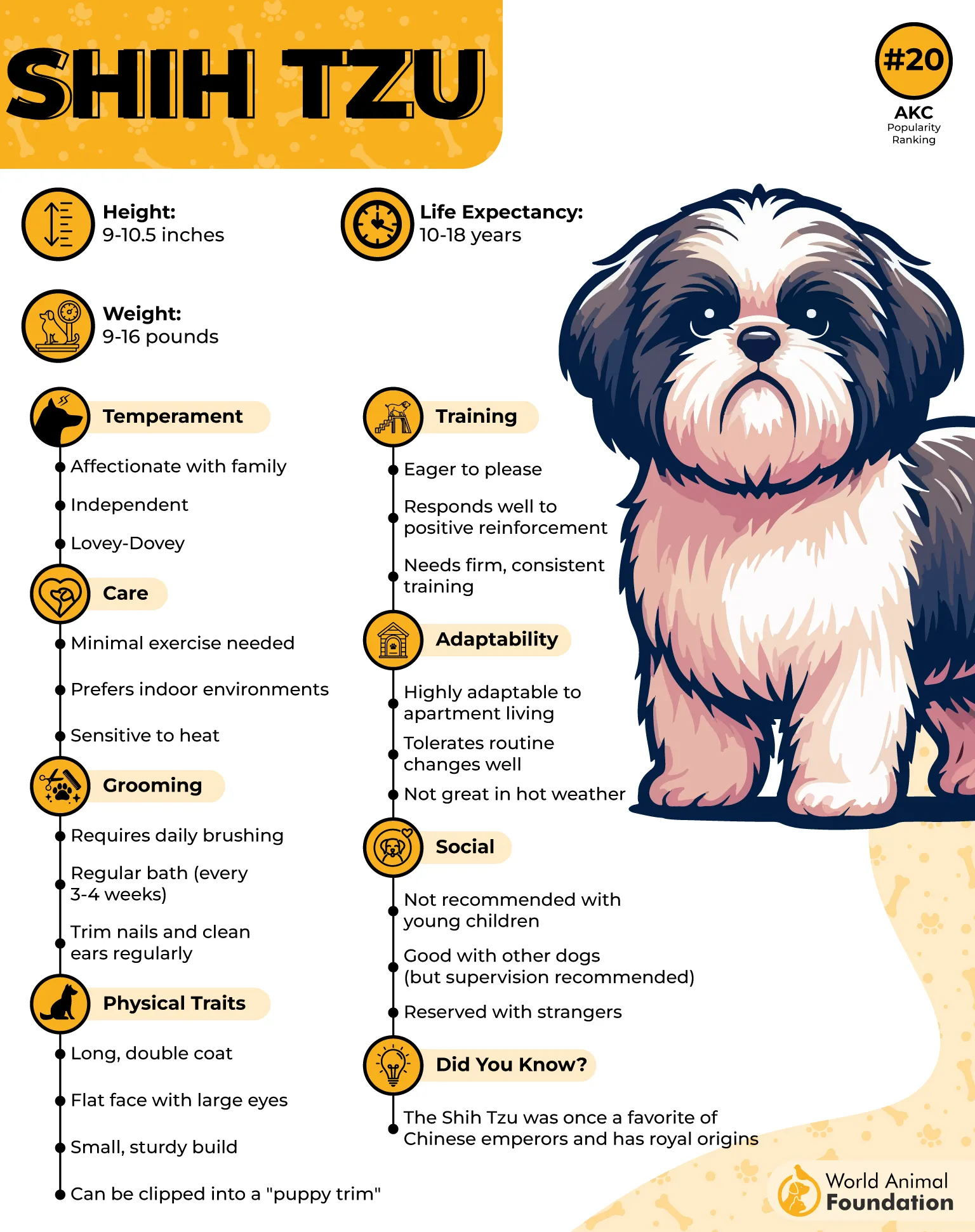
Repetition Builds Success
They benefit from frequent, gentle reinforcement instead of strict correction. Though they can be a bit stubborn initially, consistent timing locks in results. Learning new tricks may take a little longer, but potty habits settle faster than expected.
One of the Cleanest Tiny Dogs
Despite their long coat, Shih Tzus are one of the few tiny dogs known to keep their space tidy. Compared to many other breeds in the same size group, they resist soiling where they sleep — a trait that aids early house training.
5. Maltese
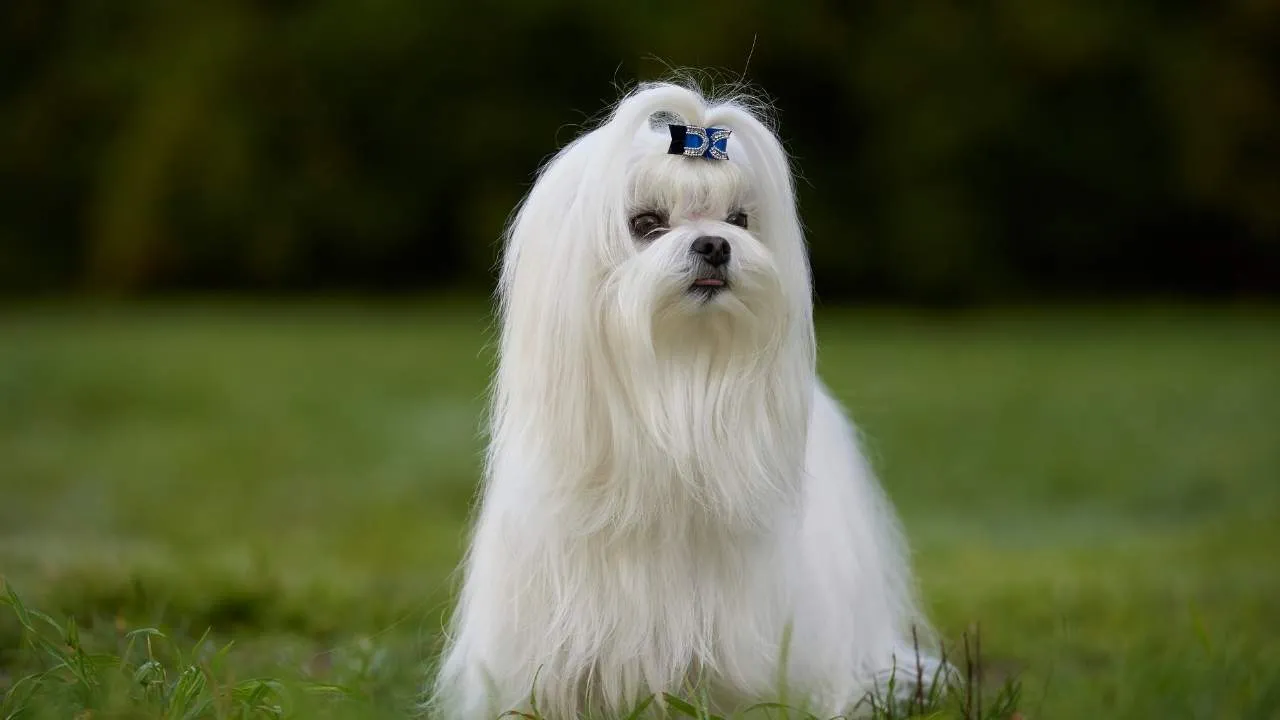
The Maltese is emotionally stable and quick to form associations between cues and actions. They recognize tone and repetition easily, which supports consistent progress. Their eager-to-please personality makes short, gentle sessions more effective.
Small Bladder, Predictable Timing
Due to their size, they need more frequent potty breaks, but their timing becomes regular within days. Owners often find them easy to predict, especially with crate or pad routines. This makes early house habits easier to reinforce.
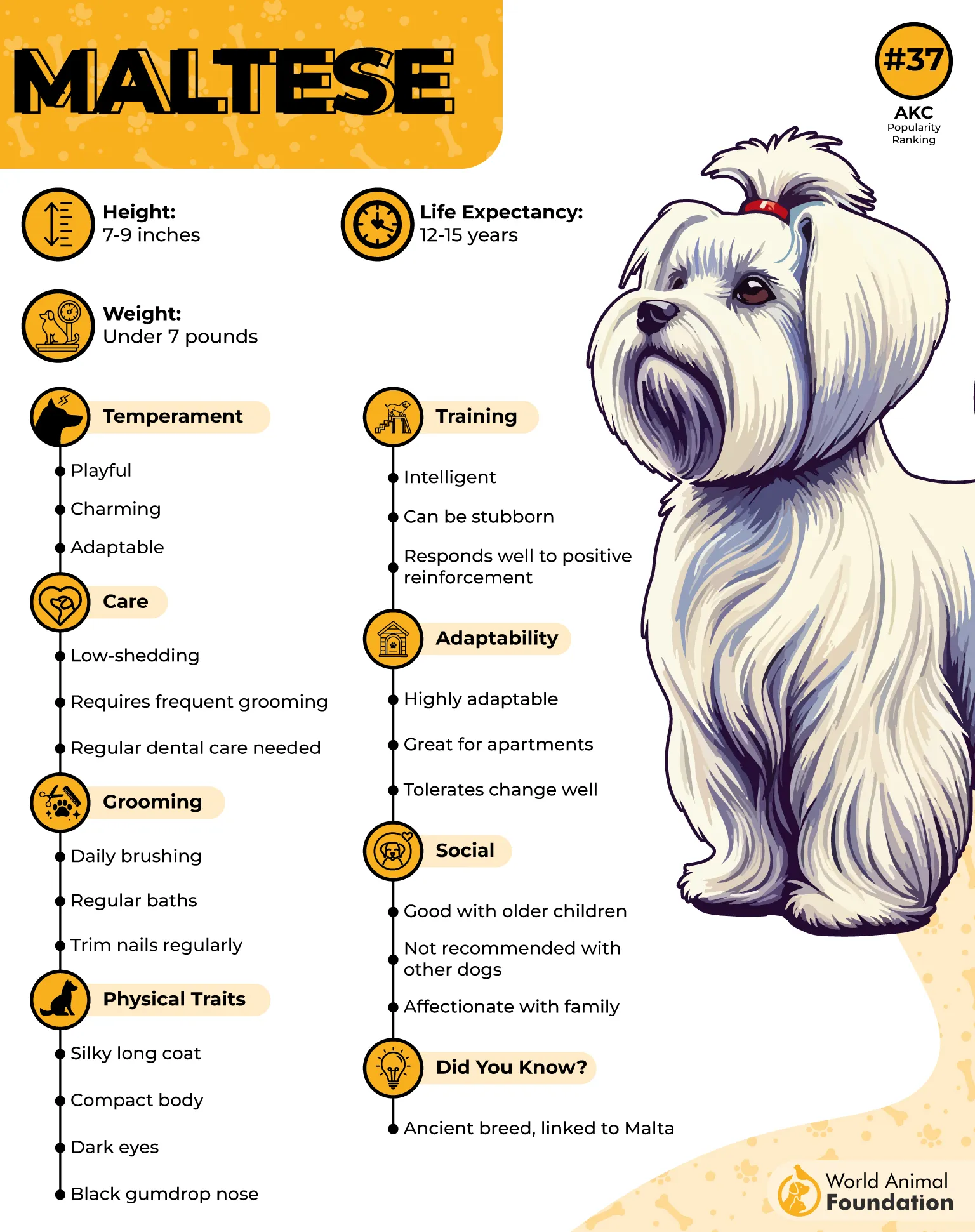
Responds Well to Verbal Praise
Verbal encouragement works better for this breed than high-energy reactions or scolding. They’re sensitive to voice fluctuations, which reinforces good behavior naturally. Overcorrection can confuse them, so steadiness plays a key role.
Known for White Coats That Stay Odor-Free
A widely noted trait is that their coat lacks the typical dog odor. This natural cleanliness is one of the reasons they tend to avoid soiling their space. It also helps them develop tidy habits from an early age.
6. Papillon
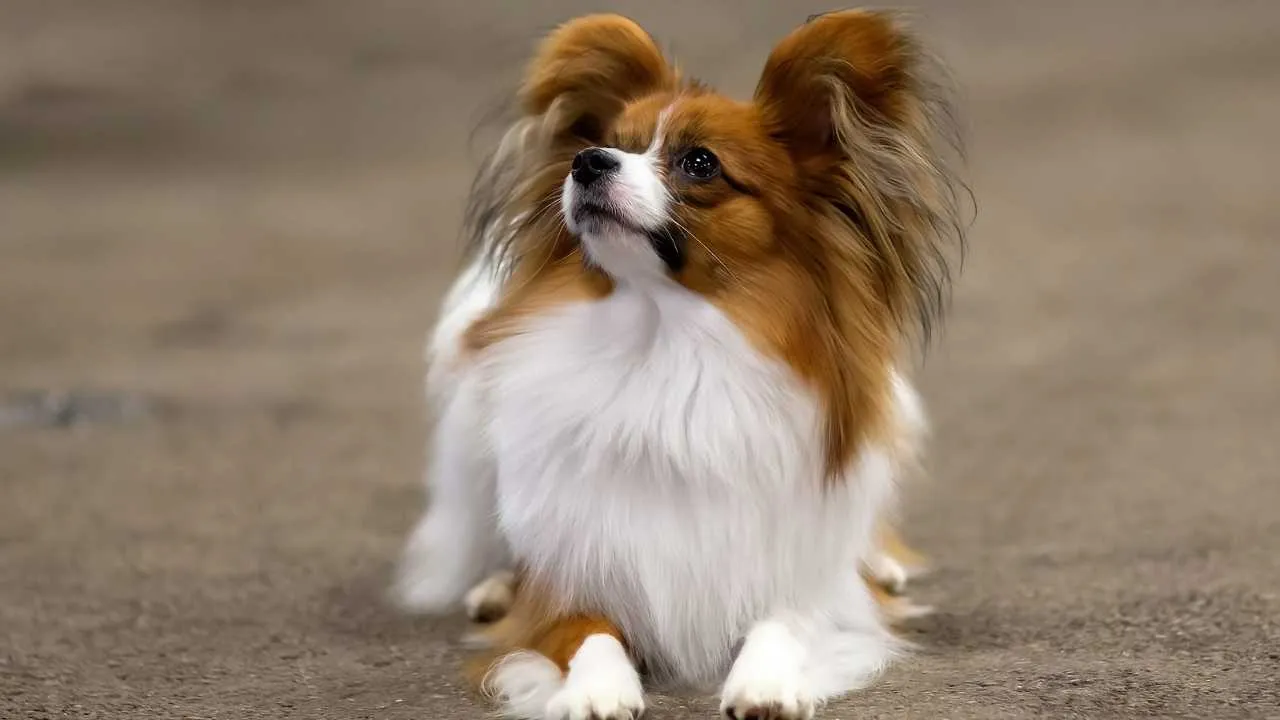
Papillons respond exceptionally well to verbal communication, often reacting within seconds. Their sensitivity to tone and timing makes them ideal for consistent cue-based training. Once they associate words with actions, repetition locks it in fast.
Driven by Mental Engagement
They’re naturally alert and crave interactive tasks, which keeps them focused during routine training. Even short sessions hold their attention without overwhelming them. This makes early housebreaking easier to reinforce daily.
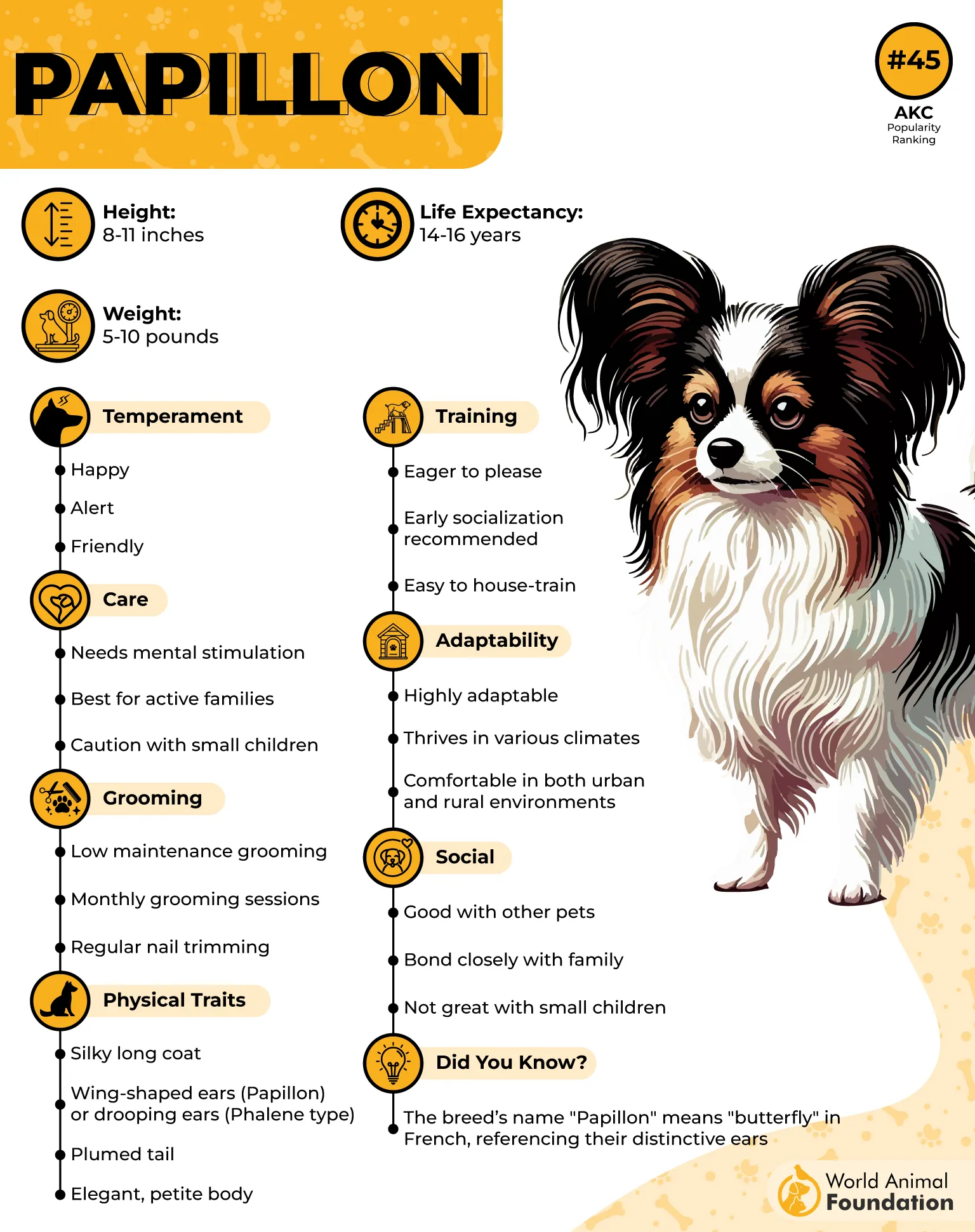
Routine-Based and Observant
Papillons are quick to pick up on household rhythms, especially when paired with a clear potty schedule. Regular mealtimes and walk routines build stable behavior patterns. Their attentiveness reduces random accidents indoors.
Ears That Do More Than Look Pretty
The breed’s distinct ear shape doesn’t just give them their name — it also enhances spatial awareness. These ears are highly mobile and pick up subtle shifts in sound or movement. That sensory edge often helps them stay alert to potty-time cues.
7. Border Collie
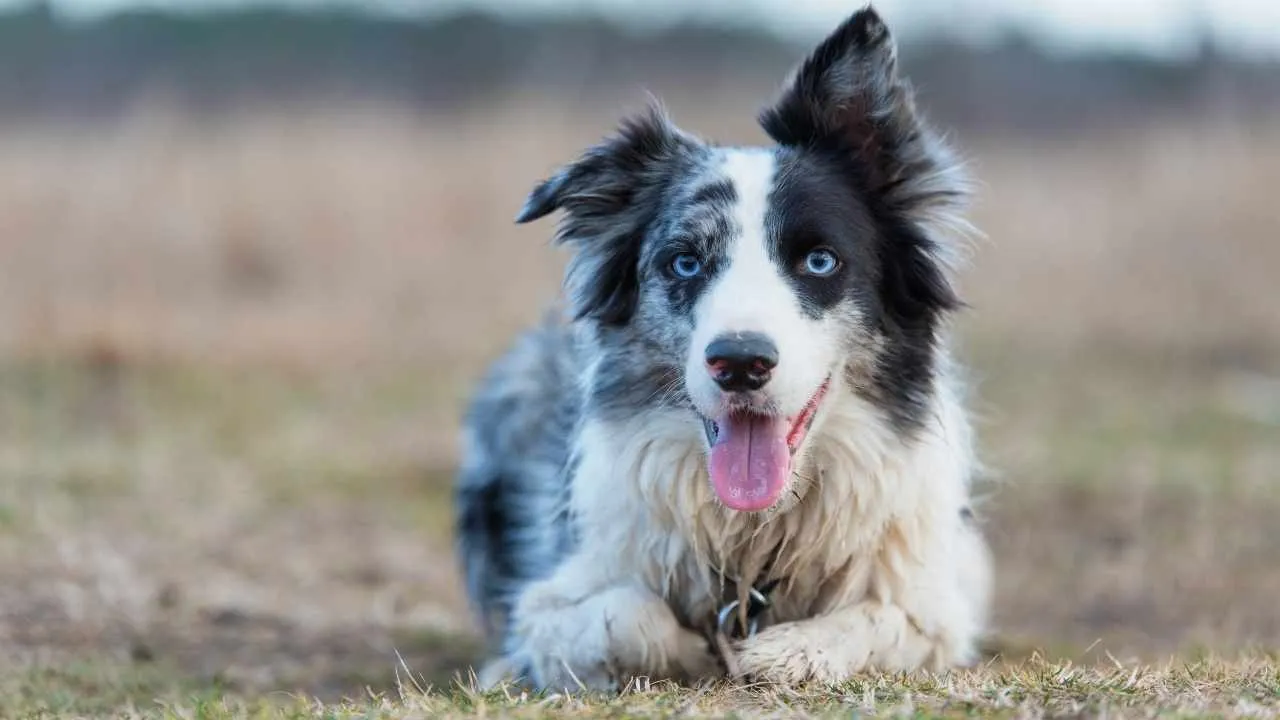
Border Collies are highly responsive to verbal patterns and quickly associate commands with actions. When owners use consistent words or sounds, they learn toilet habits faster than most breeds. Their focus on human guidance plays a key role in this.
Exceptional Pattern Recognition
They thrive on structure and pick up environmental routines with minimal repetition. Potty breaks tied to time cues or location are easily learned and retained. Their ability to predict what’s coming next reduces early training setbacks.
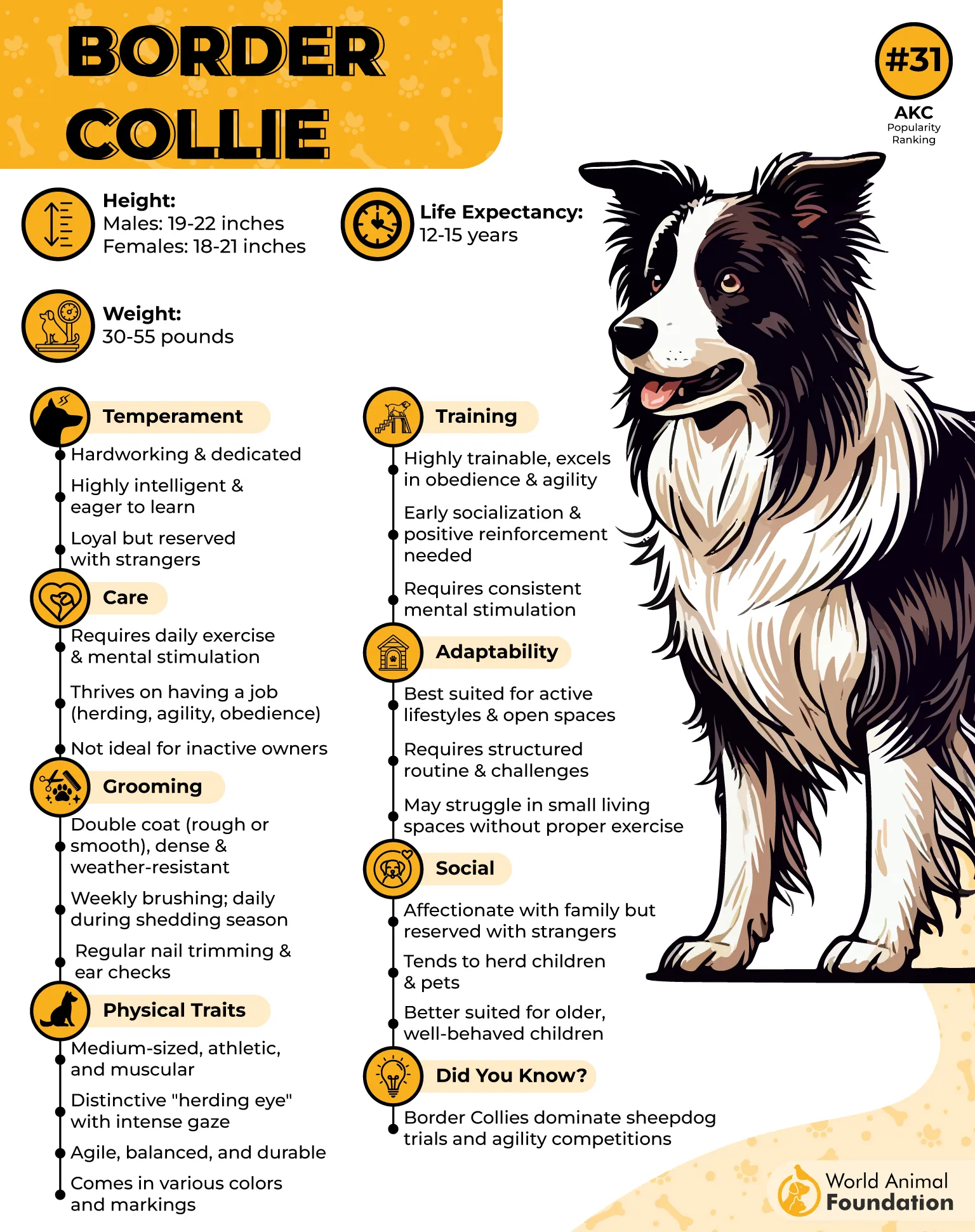
Alertness to Physical Needs
These dogs often give subtle signals — pacing, nudging, or hovering near doors — when they need relief. This makes it easier for owners to reinforce the right behavior early on. Their communication is quiet but noticeably intentional.
Strong Desire to Follow Rules
Border Collies respond well to responsibility and often self-correct during training if guided clearly. Their cooperative nature makes them dependable for house routines once expectations are set. With firm consistency, they quickly align with home boundaries.
8. Labrador Retriever
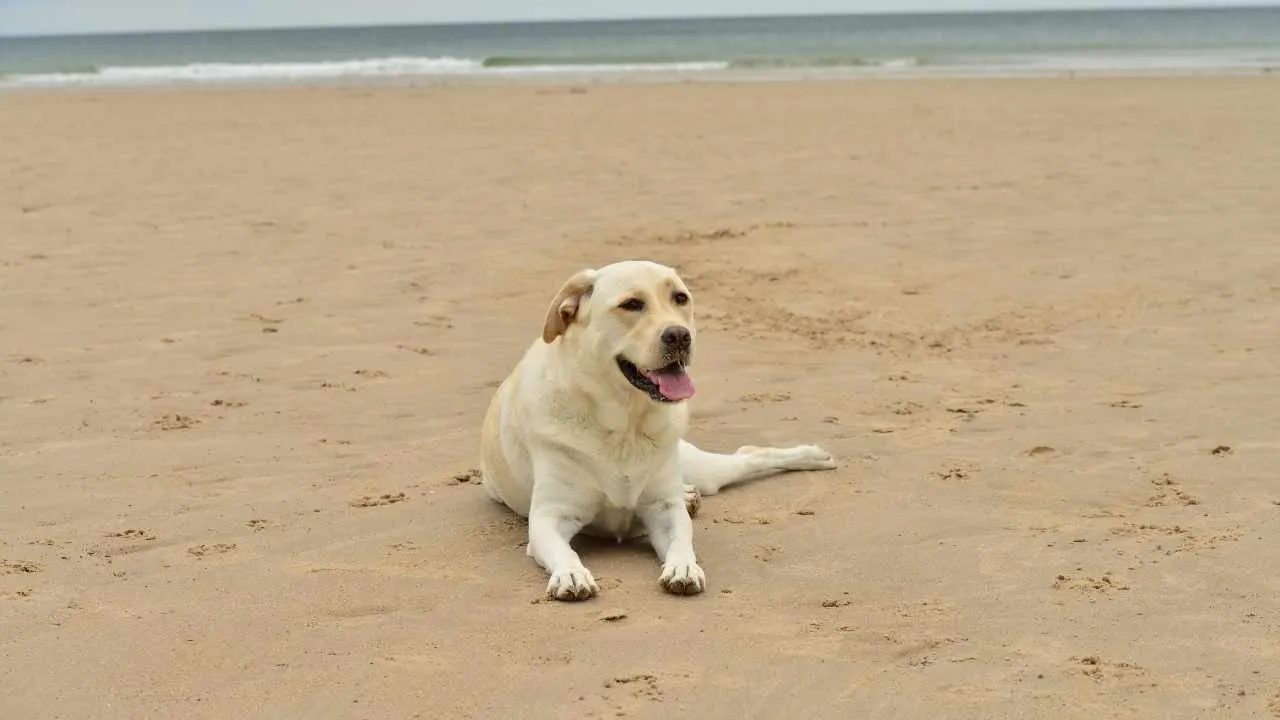
Labradors are known for their strong desire to please, which directly supports early housebreaking. Their attention span remains stable during short, frequent sessions. This helps reinforce potty routines with less resistance from the dog.
Food Motivation That Aids Reinforcement
One of the breed’s best assets is their consistent food drive, which supports positive reinforcement training. Treat-based rewards during potty breaks are usually effective within the first few days. Timing and consistency are key for setting expectations.
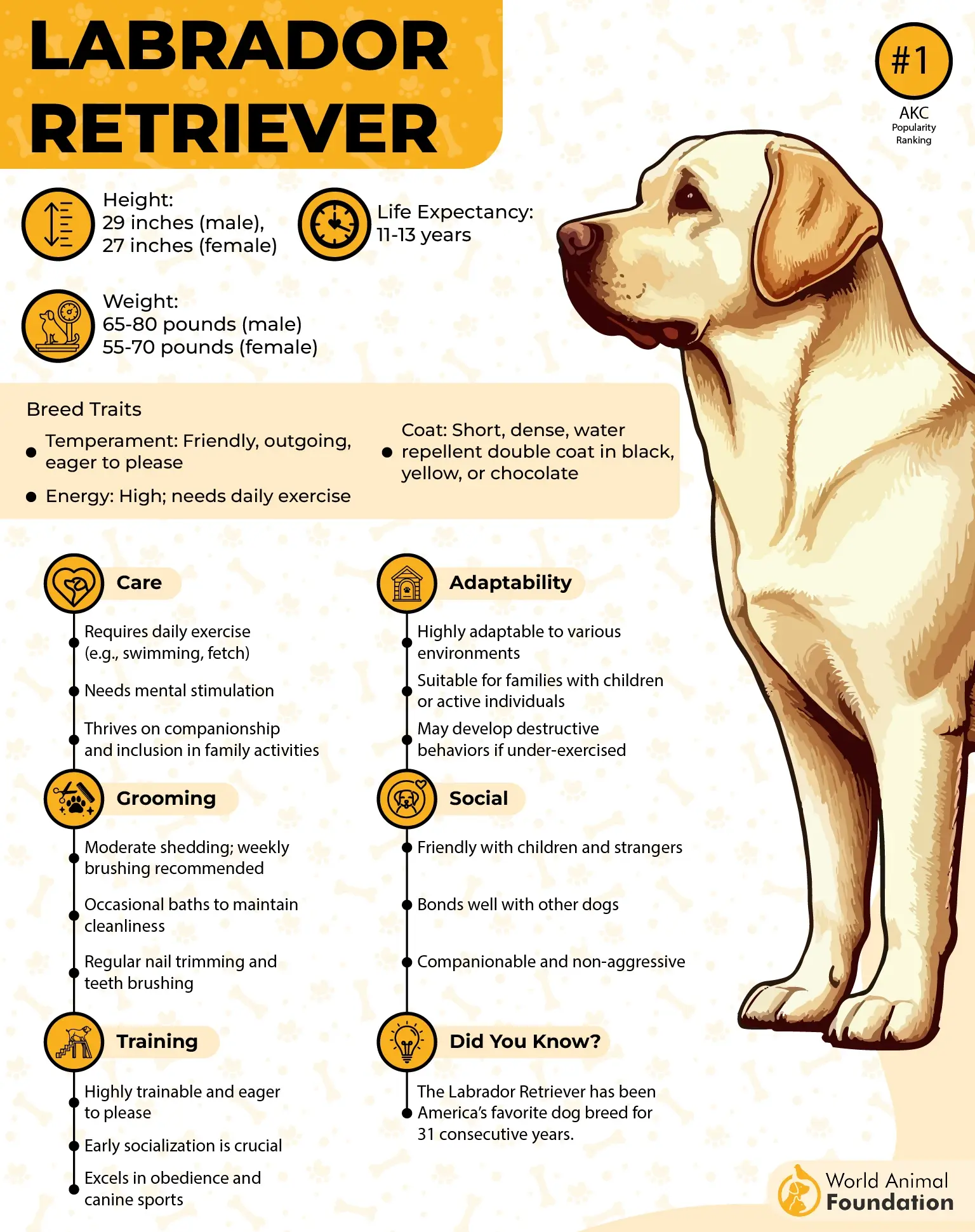
Balanced Temperament and Stable Routine
Labs handle routine changes well and adapt quickly to set schedules. They rarely exhibit stress-based toileting behaviors indoors when given regular outdoor breaks. Their patience and mild nature support smoother transitions from indoor to outdoor habits.
Famous for Working in Multiple Roles
A highly recognized trait of Labradors is their success as guide and assistance dogs worldwide. Their responsiveness to structure and repetition in that context translates equally well to home routines, including housebreaking.
9. German Shepherd
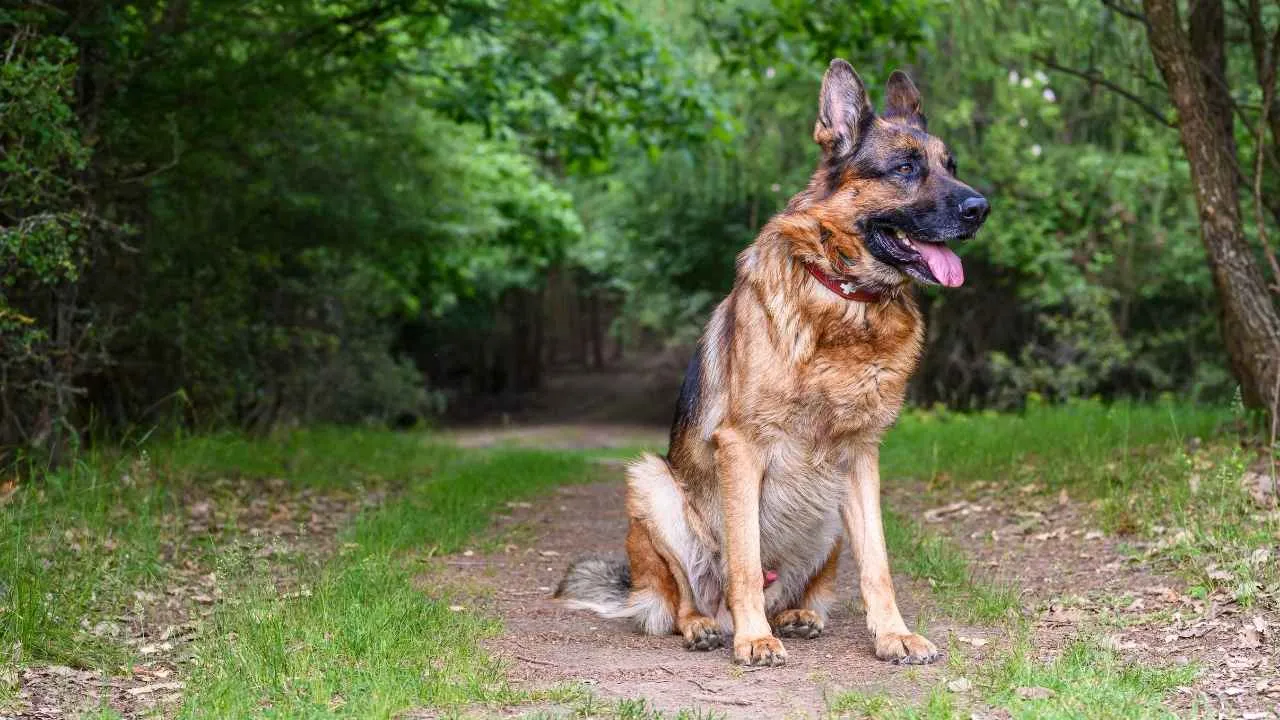
German Shepherds are one of the most command-oriented breeds, responding quickly to verbal cues. Their ability to understand structured instructions makes them easy to guide through housebreaking routines. Consistency is absorbed fast due to their focus and drive.
Natural Scheduling Ability
They adapt well to structured daily routines, especially when introduced early. Most respond to regular outdoor trips and begin associating timing with elimination. Their internal pacing helps avoid frequent accidents when training is done correctly.

Emotional Awareness and Bonding
This breed picks up on human tone and body language faster than many others. Their desire to please strengthens the learning process when owners reward calm behavior. Feedback-based training sessions work particularly well in early house habits.
Police Dogs Are Often House-Trained First
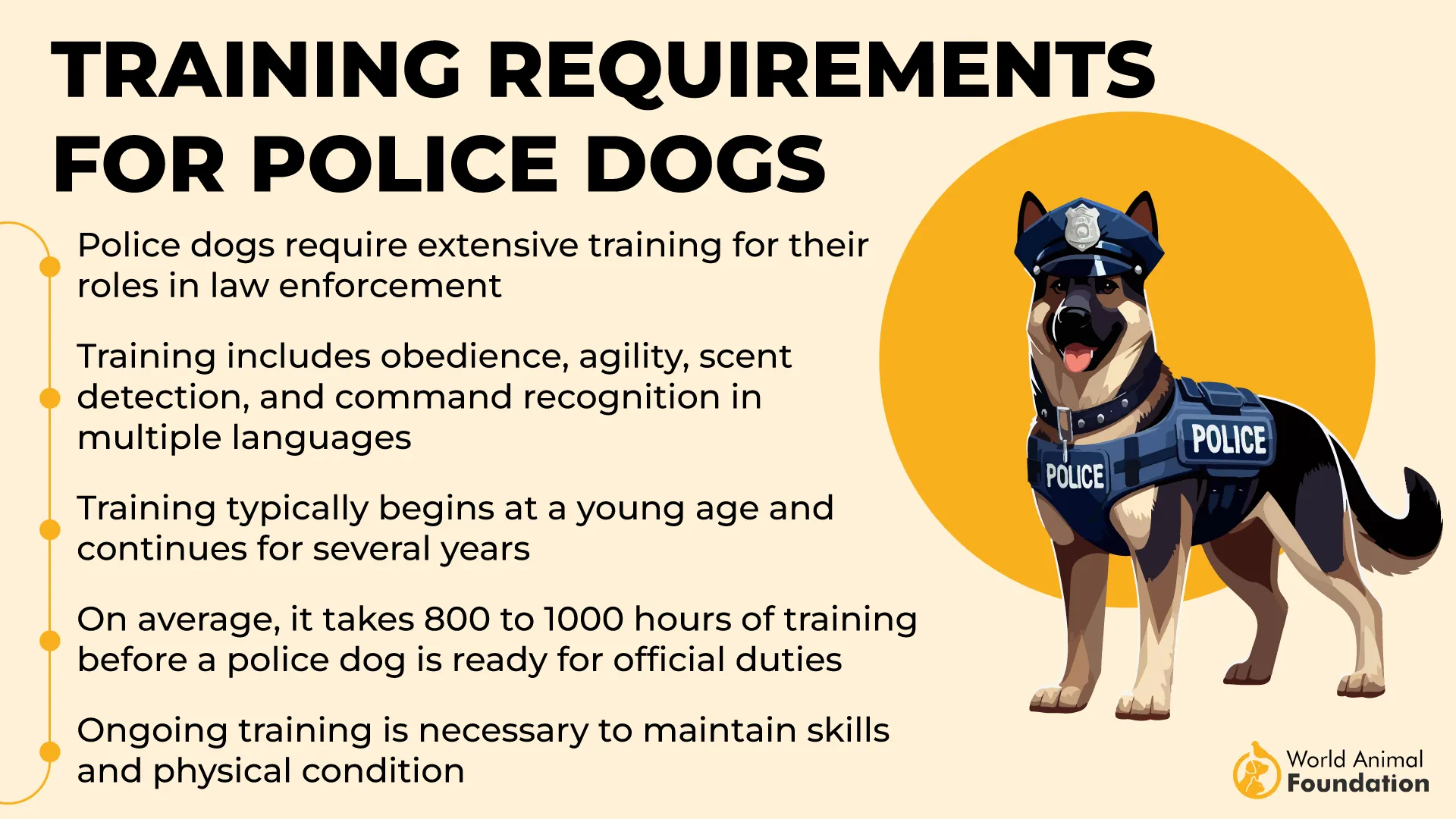
Before beginning service roles, German Shepherds undergo strict home discipline training, including housebreaking. This step is considered essential, as it sets the baseline for further behavioral control in professional settings.
10. Standard Poodle
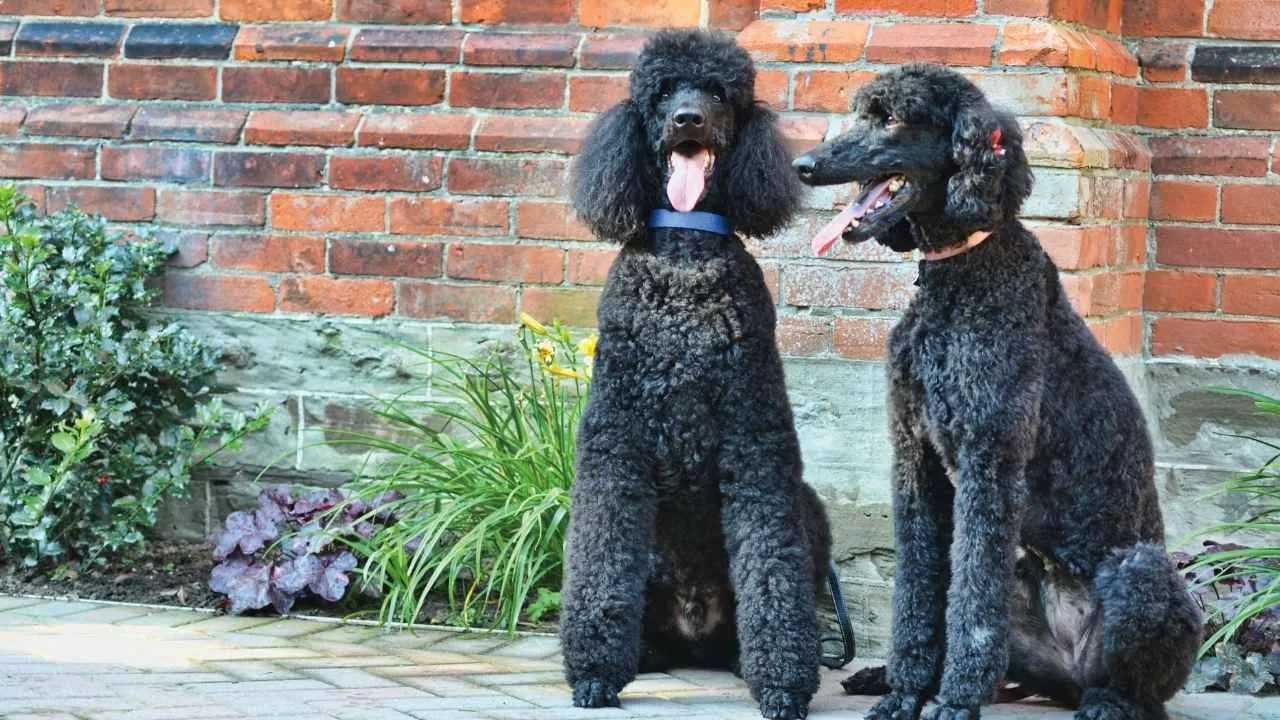
Standard Poodles rank among the most intelligent breeds, making them especially responsive to consistent routines. They quickly recognize patterns during housebreaking and adapt with minimal resistance. Their attention span is longer than most, even at a young age.
Calm Indoor Behavior Supports Consistency
They adjust well to indoor spaces and have a calm nature that helps with predictable potty habits. Distractions rarely interfere once a clear schedule is established. This makes reinforcement of bathroom timing easier to maintain.
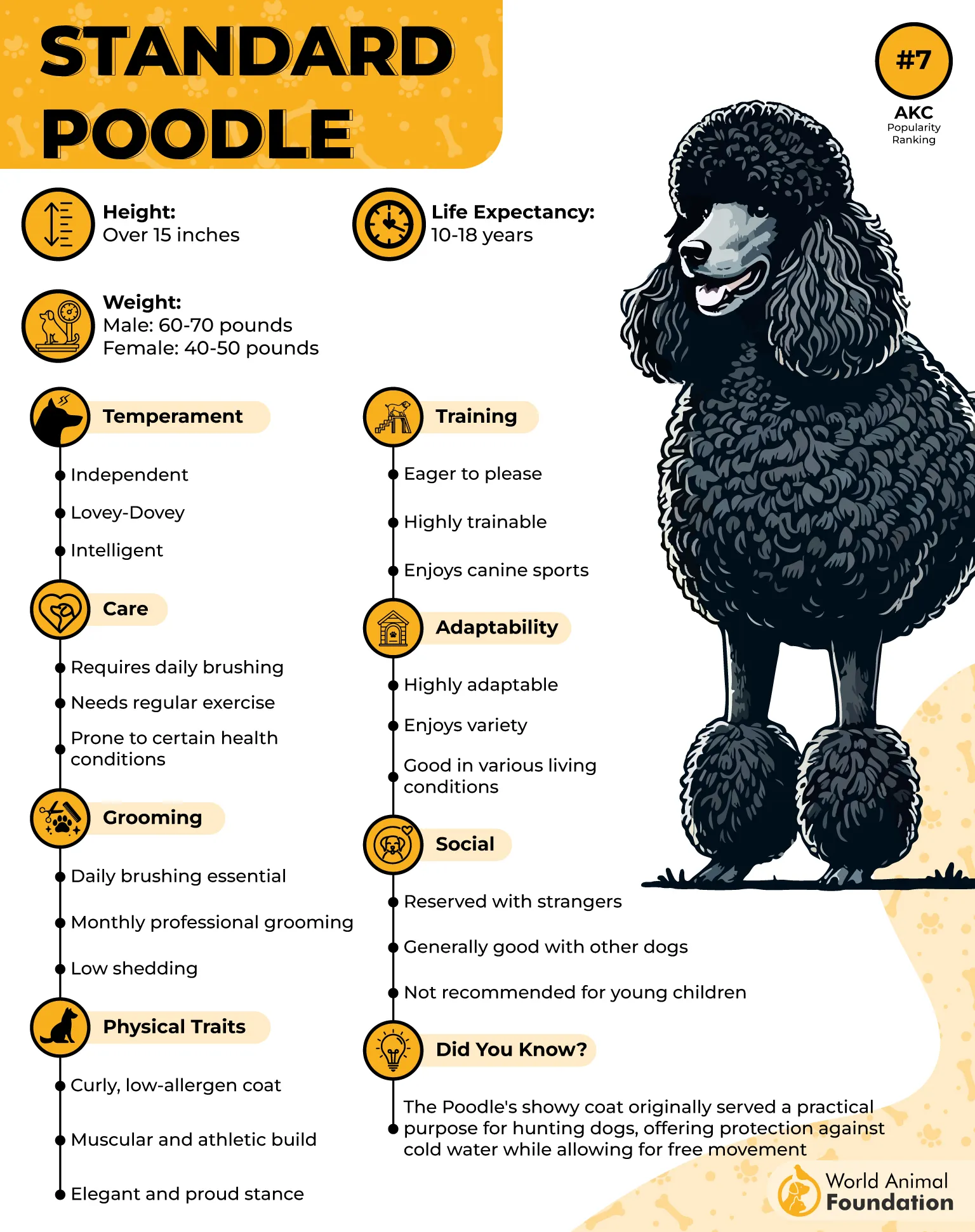
Clean Nature Reinforces Early Training
Their natural tendency to stay clean reinforces early bathroom boundaries. Standard Poodles typically avoid eliminating near their food or rest areas. This internal order plays a strong role in preventing indoor accidents during training.
Famous for Hypoallergenic Coats and Clean Habits
Standard Poodle is one of the few breeds with a hypoallergenic coat and low-shedding tendencies. This trait goes hand-in-hand with their naturally tidy behavior, aiding both cleanliness and early toilet training.
Conclusion
Potty training doesn’t have to feel overwhelming, especially when you choose a breed that’s naturally in tune with routine. Some dogs learn quickly, pick up new commands with ease, and build strong bonds that make them eager to please.
While size doesn’t always determine success, many large dogs on this list are just as clean and easy to train as their smaller counterparts. If you’re planning to start potty training soon, keep in mind that smart dogs often respond best to steady guidance at their own pace.
With the right breed and consistency, your new companion can be easily house trained, making those early days much smoother and far less messy.


